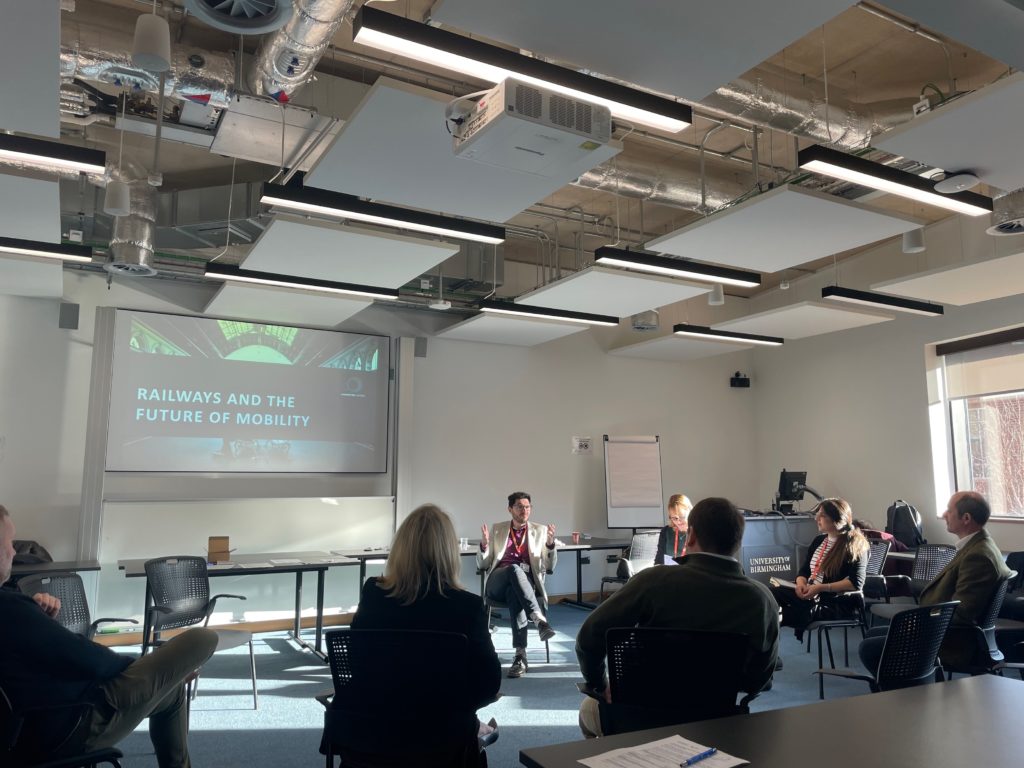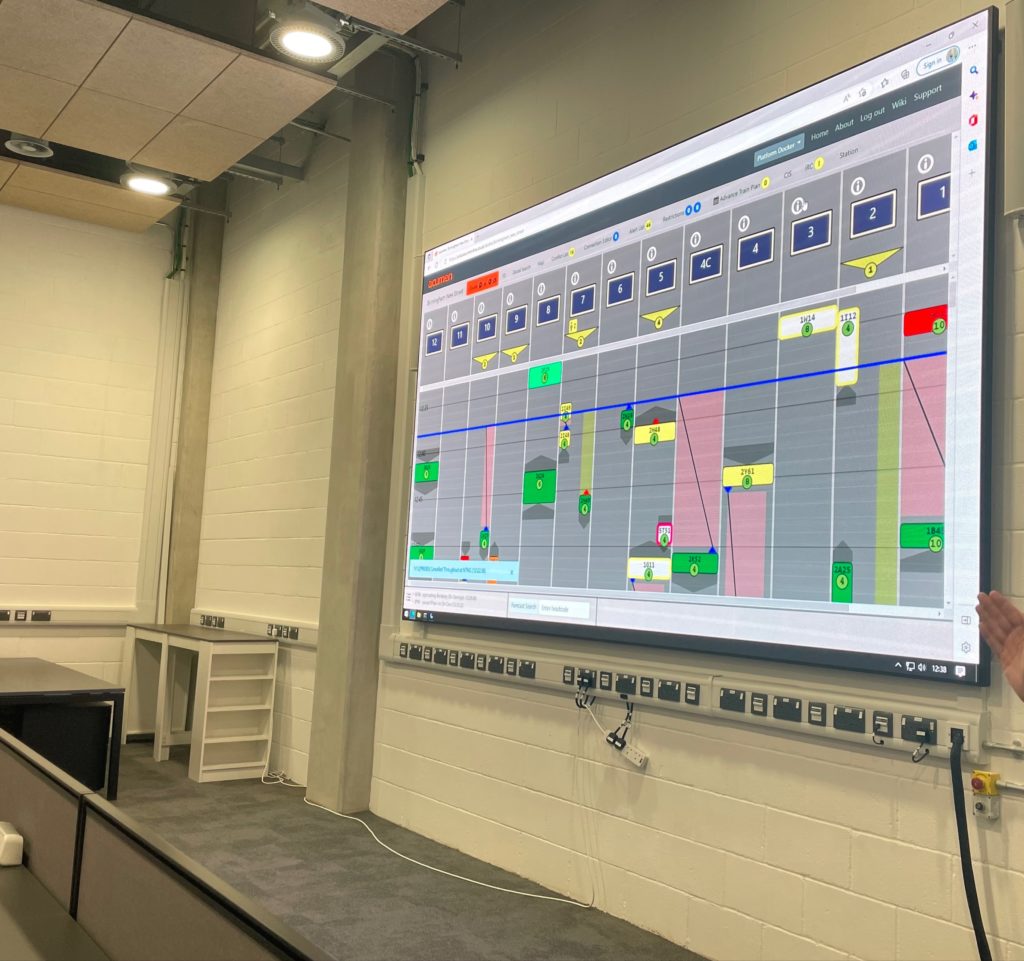
Dr Marcelo Blumenfeld, Assistant Professor in Future Transport Systems talks about railways in the future of sustainable transport.
On Monday, Prof Stuart Hillmansen highlighted the crucial role of railway systems in decarbonising transport and supporting the country towards its Net Zero strategy. The transport sector is responsible for around 25% of all global greenhouse gas emissions, where most are caused by road transport. Railway systems, as Prof Hillmansen puts, railways are superior in their energy efficiency and should therefore be the backbone of a transport sector that helps the world achieves its Sustainable Development Goals.
Yet, we need to remember that one of the pillars of developed liberal democracies is personal choice, so a successful future mobility is one that emerges out of preference and not out of force. In practical terms, this means that we need to plan, design, and operate railway systems in a way that they offer better customer experience than their not so sustainable alternatives.

Research confirms our personal perceptions that time is one of the most important decision factors for mode choice. Time is a finite resource, so people need systems that are fast, readily accessible, comfortable, and reliable. Our group at BCRRE has been working on all these aspects, leading projects that optimise signalling and control so that railways can offer greater capacity that results in more frequent services for passengers. We have been in the forefront of the development of moving block and virtual coupling technologies (Dr Joe Preece has done a separate blog on this here) that have a transformational potential.
Fast and frequent services fall short of their competition with the automobile if they cannot be trusted to work whenever they are needed. The Japanese railway system is famous across the internet for the “chien shoumeisho”, or delay certificate, that it provides passengers when their services are not precisely on time. This illustrates a level of mutual trust that positions railways atop other modes, and places passengers as the central piece of all operations.
Achieving that level of reliability demands a great deal of engineering towards monitoring and maintenance, as well as reducing overall costs. Our group works on the latest and the state-of-the-art technologies to reduce failure modes, as well as monitor and inspect assets practically in real-time. From novel switches and crosses that eliminate failure modes (a blog on REPOINT will be out soon) to on-board real-time condition monitoring units (read more on MoniRail), these technologies help ensure that trains depart and arrive on time, matching passengers’ needs to reach their destinations as planned. Costs can be reduced in maintenance, but also in the infrastructure requirements. Our work on decarbonisation, especially on hydrogen traction, can support the path towards net zero without the associated costs of electrification.

Finally, and ever so more important with the drastic changes in work and travel patterns brought by the Covid-19 pandemic, railway systems need to improve their overall customer experience if they are to lead the shift towards more sustainable mobility futures. We are working with the UIC to map the new attitudes and behaviours towards travel to cater for passenger expectations in the “new normal”. Railways, both in and between cities, need to provide greater value for money for passengers who use them in various ways, for different purposes, and usually in combination with other modes. The work of BCRRE on digitalising railways covers many of these interfaces, using data for better passenger information systems, using blockchain technologies to facilitate ticketing, and optimising services with a multi-modal approach.
